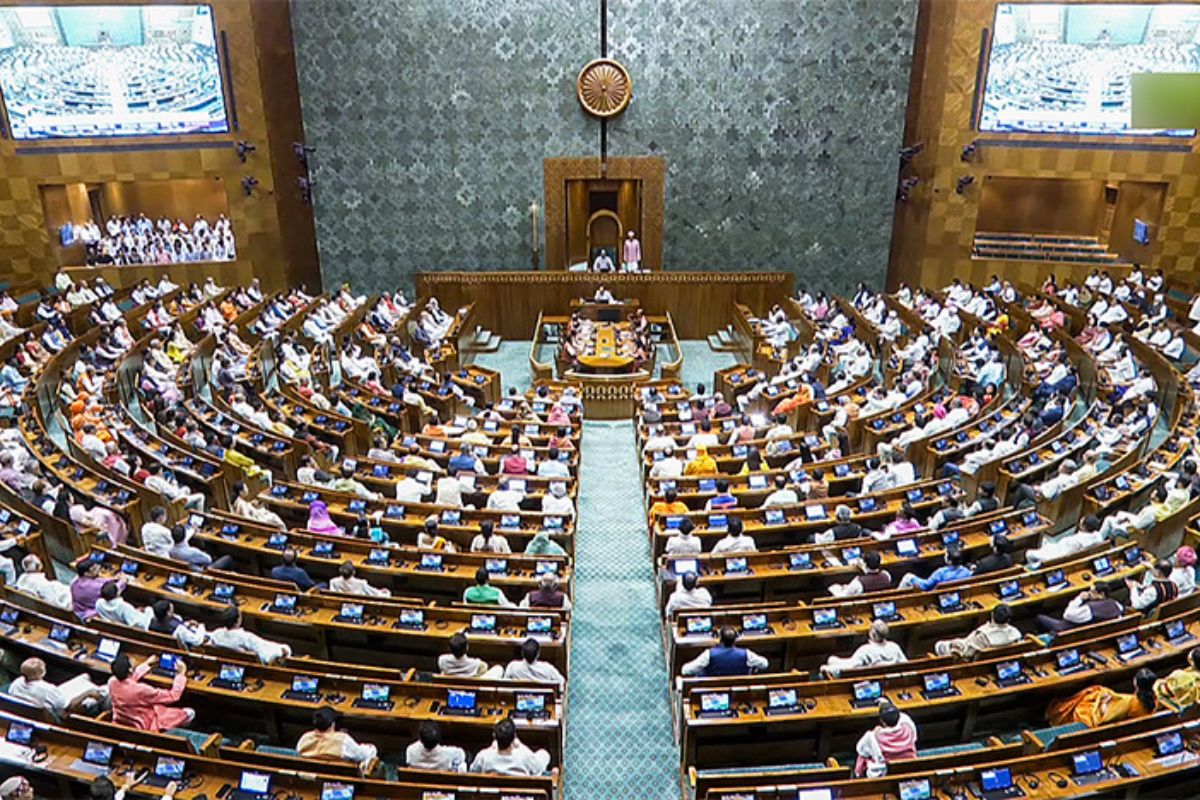The Government of India is set to introduce a significant Bill in Parliament aimed at amending the Waqf Act of 1995. The proposed changes seek to bring about greater transparency, accountability, and inclusivity in the functioning of Waqf Boards. Additionally, the Bill intends to address longstanding concerns regarding the unchecked authority of the Waqf Boards and their handling of properties.
This initiative stems from demands within the Muslim community and aims to bring the Waqf system in line with governance practices observed in other Islamic nations. Recently reviewed by the Union Cabinet, the proposed amendments could bring about a landmark shift in the management of Waqf properties in India.
Why Amend the Waqf Act of 1995?
The Waqf Act of 1995 was enacted to regulate “auqaf,” or assets dedicated for religious, charitable, or pious purposes under Islamic law. While the Act provided a legal framework, concerns have emerged over its provisions that allow Waqf Boards to claim property without mandatory verification. These powers have led to disputes and allegations of misuse, particularly regarding land classified as Waqf property.
Key Issues with the Current Act:
- Arbitrary Powers: The Act permits Waqf Boards to declare properties as Waqf without substantial verification, often leading to disputes.
- Lack of Transparency: The absence of a robust mechanism for verifying claims and managing Waqf assets has resulted in allegations of misuse.
- Exclusion of Women: The composition of Waqf Boards has been criticized for lacking gender representation, sidelining women in decision-making.
Proposed Amendments: What’s Changing?
The new Bill proposes over 40 amendments to the Waqf Act, each designed to address existing gaps and challenges. Here are some of the key changes:
1. Mandatory Verification of Property Claims
- Waqf Boards will now be required to conduct compulsory verification before declaring any property as Waqf.
- This measure aims to prevent the arbitrary acquisition of land and ensure that disputes are minimized.
2. Revising Sections 9 and 14
- Section 9: Governing the powers of Waqf Boards, this section will be revised to curtail arbitrary authority and ensure decisions are made through proper procedures.
- Section 14: The composition of Waqf Boards will undergo significant changes to include women’s representation, fostering inclusivity and diverse perspectives.
3. New Dispute Resolution Mechanism
- Properties claimed by Waqf Boards will undergo additional verification processes to resolve disputes and avoid misuse of powers.
4. Transparency and Accountability
- New provisions will require Waqf Boards to maintain detailed records and make them publicly accessible.
- Audits and inspections will be mandated to ensure the proper use of Waqf assets.
Why These Amendments Are Necessary
Concerns about the unchecked powers of Waqf Boards have grown over the years, with allegations of misuse and mismanagement of Waqf properties. For instance:
- In several cases, vast tracts of land were arbitrarily deemed Waqf property, leading to disputes with private landowners.
- Stakeholders, including intellectuals and Muslim women, have called for reforms to ensure fair governance.
By introducing these amendments, the government aims to strike a balance between religious obligations and modern governance practices.
Learning from Other Islamic Nations
A review of laws in Islamic countries like Saudi Arabia and Oman reveals that Waqf management in these nations is often more decentralized and transparent. Unlike India, where Waqf Boards wield significant authority, other nations adopt collaborative governance models with checks and balances.
For instance:
- In Saudi Arabia, Waqf properties are managed under strict regulations, with minimal powers vested in a single entity.
- Oman follows a similar approach, ensuring that disputes are addressed through independent mechanisms.
Adopting these practices could guide India toward a more robust and equitable Waqf system.
The Road Ahead: Implications of the Bill
If enacted, the amendments will mark a significant milestone in the governance of Waqf properties in India. Here’s what we can expect:
- Greater Transparency: Mandatory verification processes will bring clarity to property claims and reduce disputes.
- Gender Inclusivity: Including women in Waqf Boards will empower them to participate in decision-making and governance.
- Improved Accountability: Enhanced record-keeping and audits will ensure that Waqf properties are utilized for their intended purposes.
Understanding the Waqf Act of 1995
To appreciate the significance of these amendments, it’s essential to understand the original Act and its evolution:
What Is the Waqf Act of 1995?
- The Act defines “auqaf” as properties dedicated for religious or charitable purposes under Islamic law.
- It empowers Waqf Boards to manage these properties and ensure their proper use.
Key Features of the 1995 Act
- Establishment of Waqf Boards in each state.
- Provisions for registering and managing Waqf properties.
- Powers to resolve disputes related to Waqf assets.
Amendments in 2013
Under the UPA government, the Act was amended to expand the powers of Waqf Boards. However, these changes inadvertently created issues of arbitrary authority, leading to the need for further reforms.

I am Shikha Joshi, a journalism and mass communication graduate from Jammu University. I have previously worked as a lifestyle and education writer and also got a certificate for generating the highest PVs in March for the HerZindagi website.
I strive to create content that makes the learning process much easier for the students. Connecting with the students through my content is all I need to make the education part a simple and easy process.

